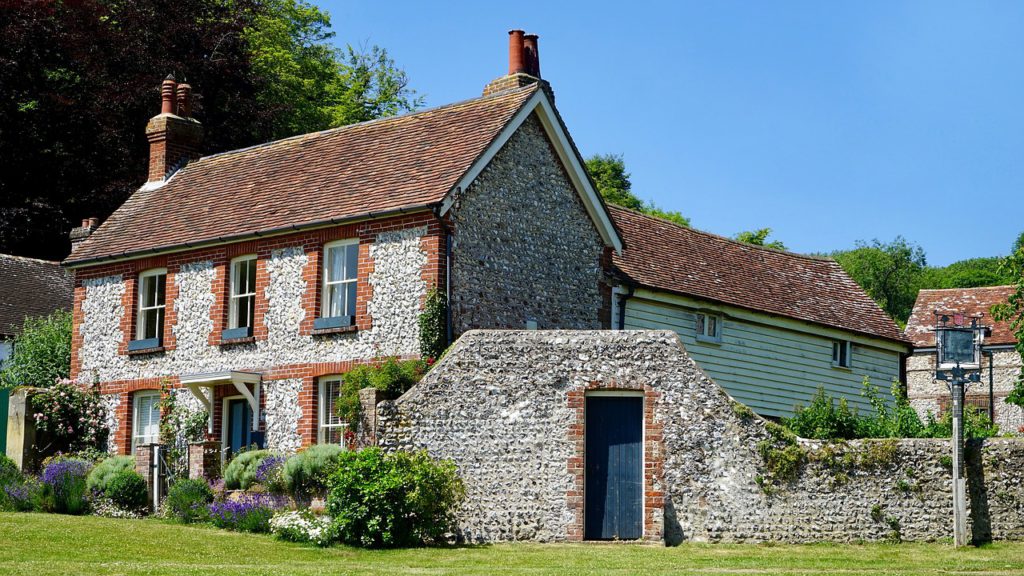Published: 05.07.2017
Europe’s rural buildings consume more energy, less efficiently, than their urban counterparts. The proposal for a review of the Energy Efficiency Directive (EED) marks a golden opportunity to address this issue, and many others. The FREE initiative therefore welcomes this proposal, and supports efforts to create a directive which serves all of Europe’s citizens.
Compared to the European average, the typical building stock in rural areas is older, larger, less insulated, not connected to the natural gas grid, and supplied with power via less reliable electrical networks. In addition, inefficient stoves burning highly polluting solid or liquid fuels are a significant source of indoor air pollution. This can have significant social impacts on rural citizens. In order to address these issues, it is important that the EED directly address rural areas and their concerns.
Additionally, it is important to acknowledge that energy suppliers in rural areas are often smaller, more localized and more specialized than average. In order to protect their consumers, it is important to give them the flexibility to decarbonize cost effectively. To that end, we request that the EU continues to exclude transport fuel and fuel distributors and retailers in small energy sectors from energy efficiency obligation schemes.
The review of the Energy Efficiency Directive is an opportunity to build on a landmark European policy. We strongly believe that by making Europe’s countryside more energy efficient, we can improve the livelihood of Europe’s rural citizens.


Recent Comments